First ever ARMA multi-disciplinary MSK health conference
Working Together to change the face of MSK
30 November 2020
Venue: Cecil Sharp House, Camden, London
 ARMA holds its first ever multi-disciplinary MSK health conference – Working Together to change the face of MSK.
ARMA holds its first ever multi-disciplinary MSK health conference – Working Together to change the face of MSK.
This one-day conference is a multi-disciplinary event covering some of the latest trends and practical examples on working together/integrated care for musculoskeletal health, transcending disciplines and boundaries.
The conference will support the delivery of high quality MSK services through a focus on excellent services, from prevention at a population level to excellent specialist services in orthopaedics, rheumatology and pain.…
Read more of this article




 New campaign to help those with sleep struggles during lockdown
New campaign to help those with sleep struggles during lockdown

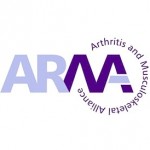
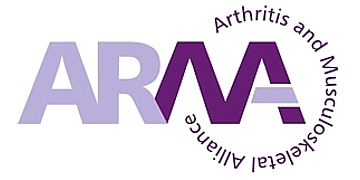 New information on preventing musculoskeletal
New information on preventing musculoskeletal 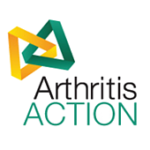
 Arthritis Action invites you to a webinar dedicated to addressing coronavirus concerns for people with arthritis.
Arthritis Action invites you to a webinar dedicated to addressing coronavirus concerns for people with arthritis.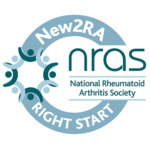
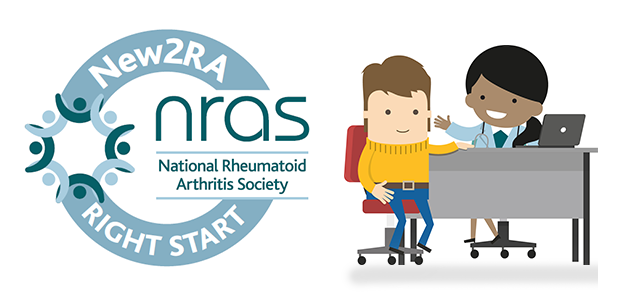 Right Start
Right Start
 ARMA holds its first ever multi-disciplinary MSK health conference – Working Together to change the face of MSK.
ARMA holds its first ever multi-disciplinary MSK health conference – Working Together to change the face of MSK. 
 NRAS is adapting to these challenging times and has been hosting live broadcasts via Facebook Live and webinars since the beginning of this crisis. You can watch any of the recorded sessions again on the
NRAS is adapting to these challenging times and has been hosting live broadcasts via Facebook Live and webinars since the beginning of this crisis. You can watch any of the recorded sessions again on the 

 Research funding awarded by Nuffield Foundation’s Oliver Bird Fund
Research funding awarded by Nuffield Foundation’s Oliver Bird Fund